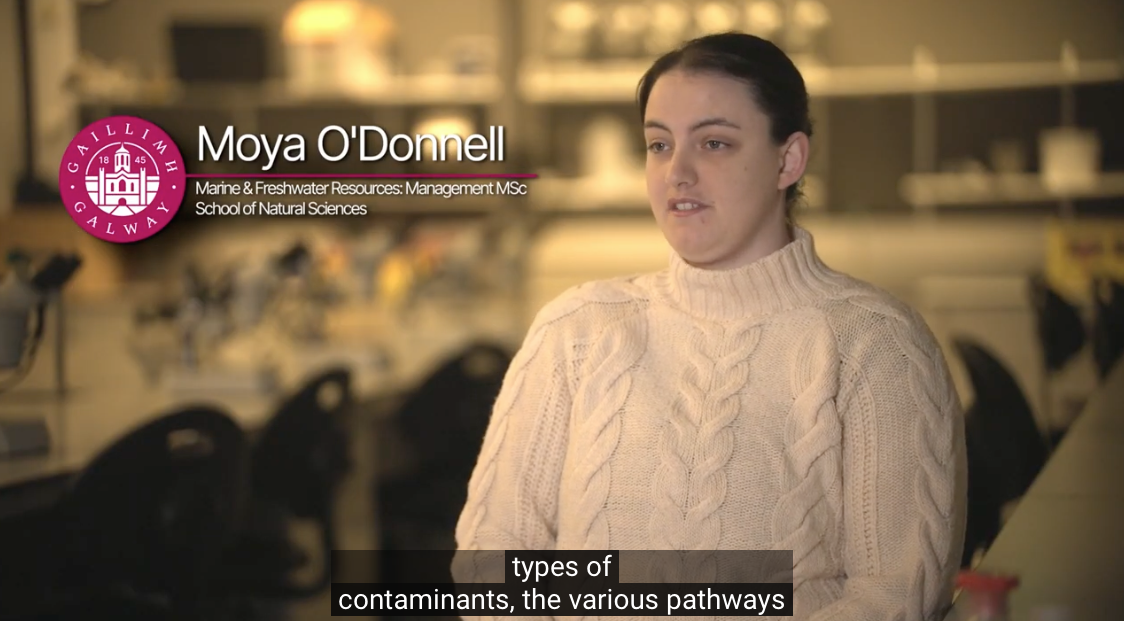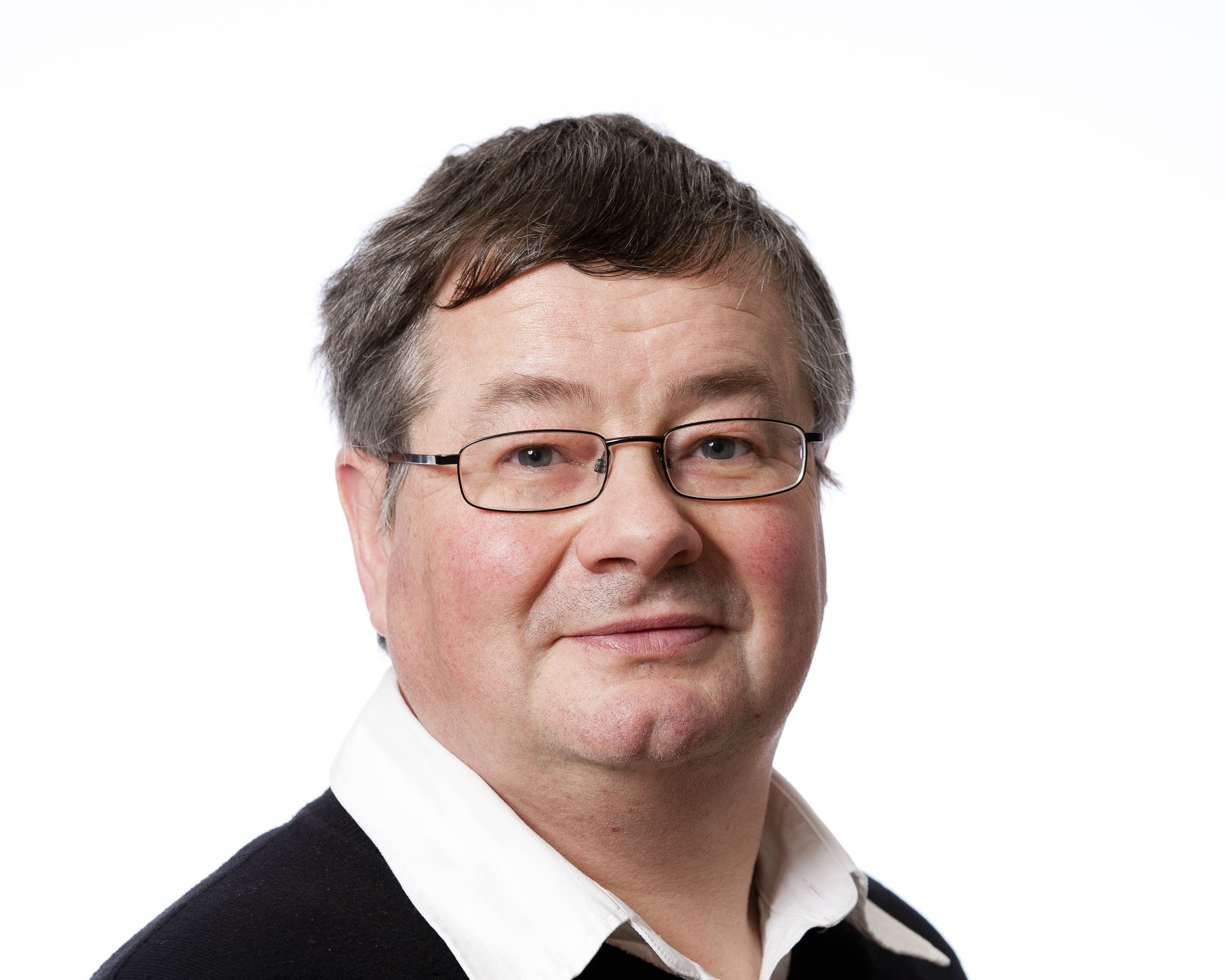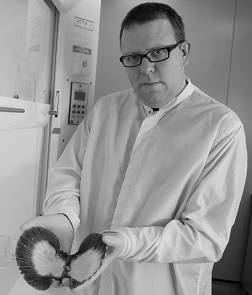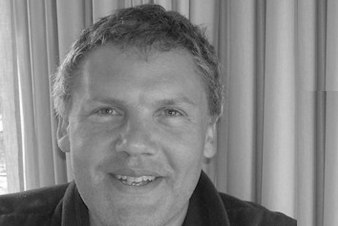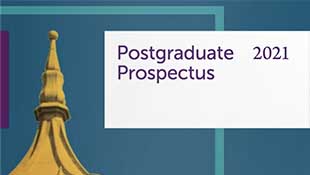-
Courses

Courses
Choosing a course is one of the most important decisions you'll ever make! View our courses and see what our students and lecturers have to say about the courses you are interested in at the links below.
-
University Life

University Life
Each year more than 4,000 choose University of Galway as their University of choice. Find out what life at University of Galway is all about here.
-
About University of Galway

About University of Galway
Since 1845, University of Galway has been sharing the highest quality teaching and research with Ireland and the world. Find out what makes our University so special – from our distinguished history to the latest news and campus developments.
-
Colleges & Schools

Colleges & Schools
University of Galway has earned international recognition as a research-led university with a commitment to top quality teaching across a range of key areas of expertise.
-
Research & Innovation

Research & Innovation
University of Galway’s vibrant research community take on some of the most pressing challenges of our times.
-
Business & Industry

Guiding Breakthrough Research at University of Galway
We explore and facilitate commercial opportunities for the research community at University of Galway, as well as facilitating industry partnership.
-
Alumni & Friends

Alumni & Friends
There are 128,000 University of Galway alumni worldwide. Stay connected to your alumni community! Join our social networks and update your details online.
-
Community Engagement

Community Engagement
At University of Galway, we believe that the best learning takes place when you apply what you learn in a real world context. That's why many of our courses include work placements or community projects.
Marine and Freshwater Resources: Management (MSc)

Course Overview
The MSc in Marine and Freshwater Resources: Management will enable graduates to develop a core understanding and advanced level of knowledge and skills in key areas relevant to the marine and freshwater environment. This will give them the skills required to start addressing some of the critical challenges’ society will face during the 21st century from human impact on the aquatic environment. Graduates will learn advanced problem solving, management, analytical and communication skills. It will develop their capacity and capability for scientific leadership and solution-based approaches relevant to their career trajectory. An MSc in Marine and Freshwater Resources: Monitoring and Management will build on undergraduate courses in Earth and Ocean Sciences, Marine Science, Environmental Science, Civil Engineering, Geography and Geosystems and the Bachelor of Science degree programme. It will provide a pathway for students interested in pursuing a career in industries concerned with the protection and use of water. The course will also be targeted at professionals in industry, government, and the regulatory sector who wish to further develop their skills and resources.
This course sets out to equip students with a broad range of skills and an understanding of the fundamental concepts underpinning the functioning of aquatic systems, the ability to communicate about them in a meaningful way and the ability to make informed and responsible decisions regarding marine and freshwater resources. On completion of the course students will be able to:
- Demonstrate comprehensive knowledge and understanding of the theoretical background that underlies both the uses and protection of marine and freshwater resources;
- Deploy a range of analytical skills and working knowledge of field techniques necessary to obtain high quality samples and data from environmental monitoring and management programmes;
- Display a range of the principal skills and practices for data assessment necessary to inform decision-making and management Employ skills to plan, organise and control activities to ensure successful project completion;
- Appraise a range of responses and then apply appropriate and ethical techniques for research, monitoring and management of marine and freshwater resources relative to relevant projects and national and international policy;
- Communicate results of monitoring, research and innovation to peers, engage in critical dialogue, lead and originate complex scientific processes and engage with the general public on ocean literacy;
- Apply the analytical and technical skills required for research and application in marine and freshwater systems;
- Evaluate current practice in relation to marine and freshwater monitoring and management and recommend and implement improvements of current practice for challenges that must be addressed, including, contaminant abundance, source to sink pathways, acidification, climate change and the ubiquity of plastics; and,
- Demonstrate awareness of international directives and national legislation related to marine and freshwater resources and the legal frameworks that underpin them.
Globally, we are very dependent on our marine and freshwater resources. Marine and freshwater environments support a diverse economy, including, (but not limited to) food (agriculture, aquaculture and fisheries), tourism and recreation, drinking water, oil and gas production, aggregate extraction and shipping, nature protection and renewable energies. Both marine and freshwater habitats are home to a rich diversity of animals, plants and microbes providing a range of tangible and intangible goods and services, while the impact of humanity on these resources is part of our inheritance and future. Human impacts and climate change will shape the future of these resources and the ability of these resources to provide the ecosystem goods and services which are essential to human well-being overall. Consequently, proper monitoring and management of marine and freshwater resources are vital to ensure the ecosystems they support are healthy and is also a legal requirement. The successful monitoring and management of these resources requires an adequate understanding of human activities and the context in which it takes place, especially when management responsibilities are split among many stakeholders.
Legislation and policy pertaining to the marine and freshwater environment reflects EU and international trends and therefore there is a need to provide expertise to support emerging policy and protect these resources on which many economic and social activities depend. The taught MSc in Marine and Freshwater Resources: Management gives graduates the training in the relevant areas of marine and freshwater processes, resource management, data management, practical skills, observation and policy and legislation that will help meet targets for sustainable ecosystem management and the circular economy.
The course has a focus on cross-sector skills and competences that can be transferred from one topic/occupational area to another, enabling national and international occupational mobility for its graduates, and giving them the skill set to work in and lead multidisciplinary teams. Cross-sector skills and competences are of growing importance all over Europe and are considered relevant to occupations across several economic sectors (ESCO).
The taught MSc in Marine and Freshwater Resources: Monitoring and Management that provides training in critical knowledge areas and an understanding of knowledge gaps in our aquatic environment and related human activities, as well as the capacity to engage in activities for their assessment, governance, management and communication, relevant to the environmental sector will (1) provide graduates with the competences to obtain employment in industry, research, policy development, monitoring or management and (2) help meet targets in relation to environmental obligations under EU and international Directives and the transition to a sustainable economy.
--
You may also be interested in one of our other Science of Sustainability postgraduate programmes.
Applications and Selections
Applications are made online via the University of Galway Postgraduate Applications System.
Who Teaches this Course

Earth & Ocean Sciences
Room A205
Quadrangle Building
University of Galway
View Profile
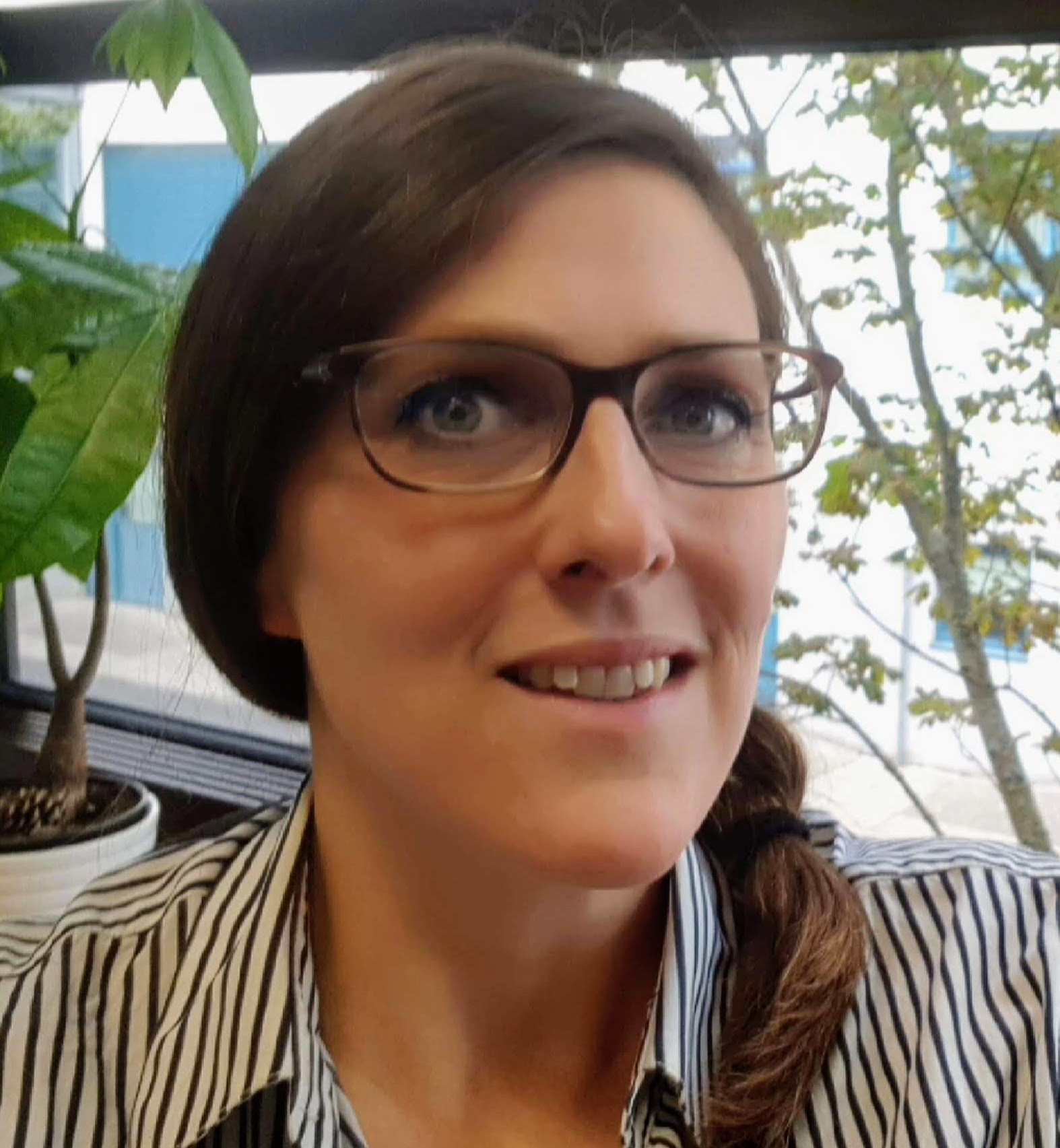
Applied Ecology Unit
Centre for Environmental Science
Arts/Science Concourse
National University of Ireland Galway
View Profile
SCHOOL OF NATURAL SCIENCES
NUI GALWAY
View Profile

503, Tower 2
School of Law
University of Galway
View Profile
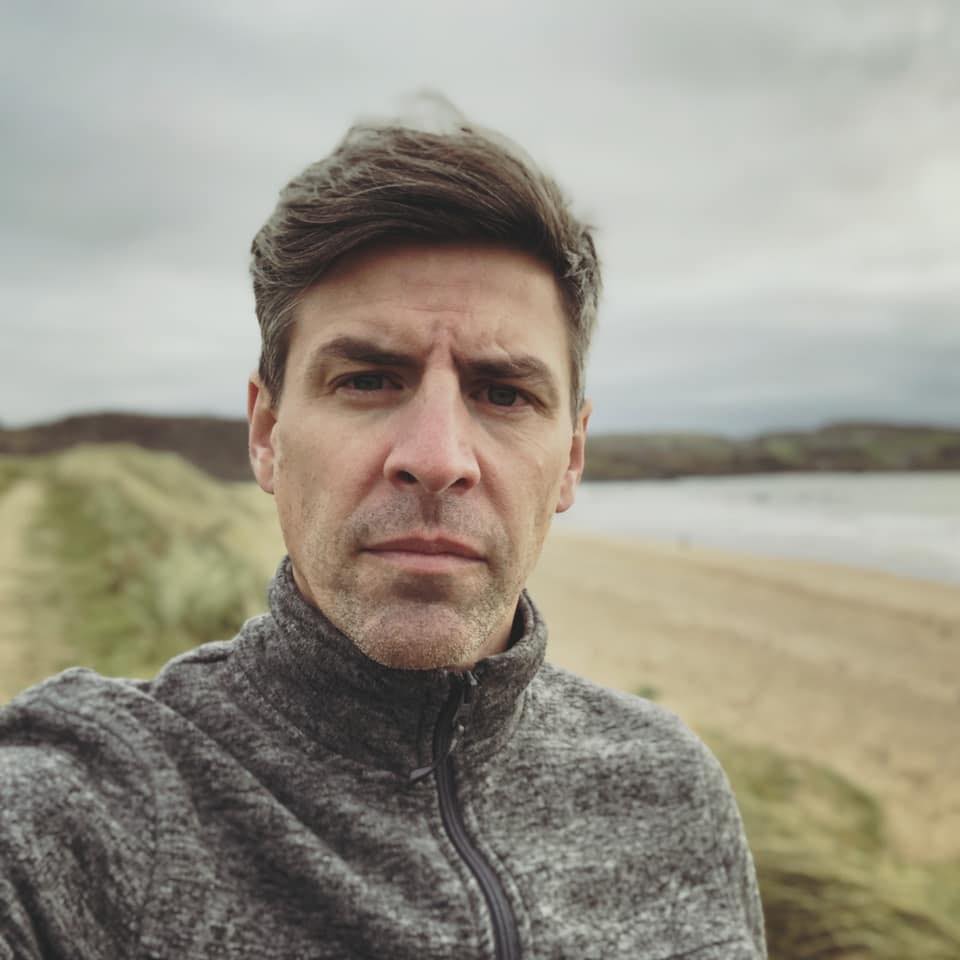
School of Geography
University of Galway
View Profile
Requirements and Assessment
Assessment is module specific but is primarily through continual assessment, assignment and project work.
Key Facts
Entry Requirements
Minimum academic standards (proposed 2.1 honours, or equivalent, though 2.2 students [or equivalent] with relevant experience will also be considered), English language proficiency: IELTS 6.5 (University of Galway minimum requirement). Recognition of Prior Learning (RPL) is considered.
The ‘Marine and Freshwater Resources: Management’ Programme Board will consider non-standard applications. Both the appropriate discipline and required relevant experience are at the discretion of the Programme Board.
Additional Requirements
Recognition of Prior Learning (RPL)
Recognition of Prior Learning (RPL) is considered. The Programme Board will consider non-standard applications. Both the appropriate discipline and required relevant experience are at the discretion of the Programme Board.
Duration
1 year, full-time
Next start date
September 2025
A Level Grades ()
Average intake
20
QQI/FET FETAC Entry Routes
Closing Date
Please refer to the review/closing date website.
NFQ level
Mode of study
ECTS weighting
90
Award
CAO
Course code
MSC-MFR
Course Outline
The course structure is based on a 90 ECTS model, with 60 ECTS coming from taught modules which account for either 5 or 10 credits each. The breakdown of the 60 ECTS may include module choices, with 40 credits coming from core modules and the remaining 20 credits coming from general or subject-specific (environment, marine) optional modules, in both Semesters 1 and 2. A research project in Semester 3 accounts for the remaining 30 ECTS. It is envisaged students will spend their time in the Schools and Disciplines of NUIG and that the research thesis component be conducted in the disciplines, industry, or associated collaborating national or international institutions or organisations.
Modules are taught via lectures, seminars, workshops, teaching technologies, online participation, and individual research and the MSc will be offered as a part-time programme. The combination of course work and assessments provide a rational balance allowing students to excel.
Download full modules information list here.
Why Choose This Course?
Career Opportunities
The course will produce well-rounded, motivated, mobile and dynamic problem-solvers and leaders who can work in any area related to the marine and freshwater environments and related industry. The subject knowledge, transferable skills and thesis elements of the course are designed to provide graduates with the opportunity to carry out further research, work in the public or private sector, or create their own employment.
Many opportunities exist within the areas of environment, marine and water such as government, NGOs, and private companies, all driven to meet environmental targets set within international agreements (http://skillsireland.ie/all-publications/). Graduates will acquire transversal and multidisciplinary skills in science, communication and management, enabling them to take on roles within an industrial setting, or within a regulatory body or private consultancy firm. Careers such as project managers, consultants and advisors exist within public and private sectors in Ireland and elsewhere. In addition, the course will provide graduates with a portfolio of generic skills that will help them compete for PhD programmes and improve their ability for other research roles and upskilling for professionals in Local Authorities, government, regulatory and industry sectors.
Who’s Suited to This Course
Learning Outcomes
Transferable Skills Employers Value
Work Placement
Study Abroad
Related Student Organisations
Course Fees
Fees: EU
Fees: Tuition
Fees: Student levy
Fees: Non EU
EU Fees are comprised of Tuition + Student Contribution Charge + Student Levy* €140. *Payable by all students and is not covered by SUSI. Further detail here.
For 25/26 entrants, where the course duration is greater than 1 year, there is an inflationary increase approved of 3.4% per annum for continuing years fees**.
**Excludes Full-Time EU Undergraduate fees. These are fixed and do not change.
Find out More
Dr Liam Morrison,
Earth and Ocean Sciences,
School of Natural Sciences and the Ryan Institute,
University of Galway.
T: + 353 91 493 200
E: liam.morrison@universityofgalway.ie
Dr Tiernan Henry,
Earth and Ocean Sciences,
School of Natural Sciences and the Ryan Institute,
University of Galway.
T: +353 91 495 096
E: tiernan.henry@universityofgalway.ie
What Our Students Say
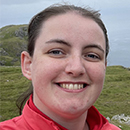
Moya O'Donnell | Student
I have always had a great interest in the aquatic environment and how our interactions may have an impact on the health of its diverse ecosystems. This particular Master's course provides a unique opportunity to study such interactions and their impacts across multiple disciplines for both freshwater and marine environments. It also provides excellent practical experience both in the field and laboratory, which is hugely beneficial in developing key transferable skills for the workplace. I would highly recommend this Master's course to anyone interested in improving their understanding of the processes and interactions which help shape the aquatic environment and how they are impacted by human influences.

Steve Lane | Student
I am one of the master's program's inaugural students in Marine and Freshwater Quality and Resource Management.This master's is a carefully constructed program to better aid students in their education in the current state of water quality from an environmental and ecological viewpoint. Aside from the theory applied, the course also offers extensive and excellent fieldwork opportunities, allowing students first-hand experience in deploying calibrated testing instruments for the purpose of compiling ecological water data, whilst also availing of many optional modules ranging from Project Management to Environmental Legislation to Code programming. In recent years, I have developed an interest in Water and an appreciation of how rare and precious a resource it is. This course drives home that importance by extensively highlighting the many pressures placed on fresh and Marine water sources. Liam is a veritable fountain of knowledge; his lectures are always fresh and interesting, and his friendly and helpful demeanour is very reassuring. If students in the future are assessing their next move at the post-graduate level, I couldn't recommend this masters' program highly enough.








